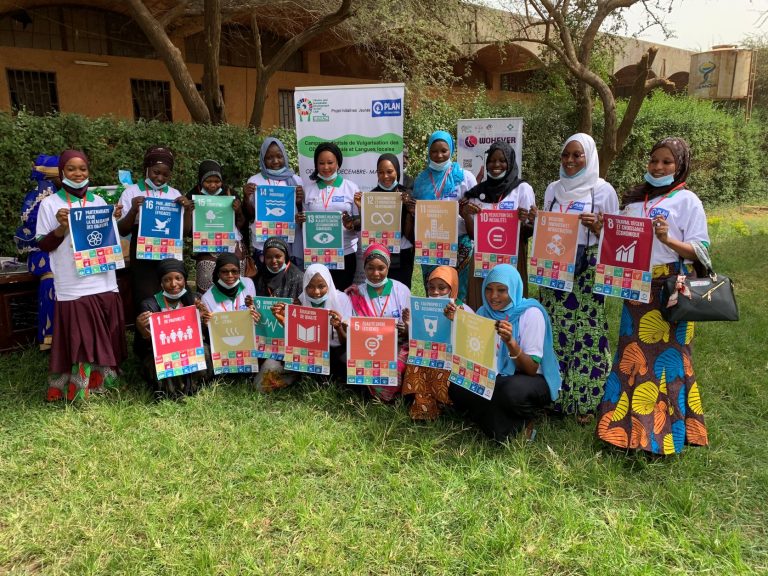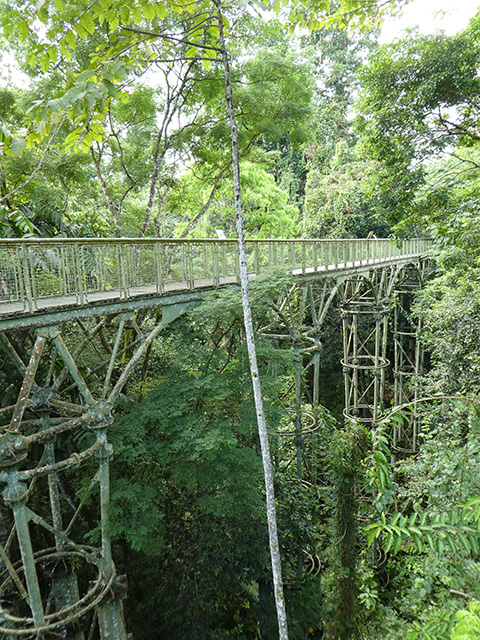How ZEF doctoral researchers conducted field research during the Covid-19 pandemic 2020-21
Field research during pandemic times in Colombia: context and challenges
By Daiana Castillo López
After more than one year working on the research proposal, imagining every day how it would be developed, preparing the documents, permits, licenses, and hoping for the approval of the budget, my field research finally started on October 22, 2020.
The second Covid-19 wave was abating and most people – including me – thought it would be the end of this crisis. To have everyone vaccinated as fast as possible was what the health authorities promised and I was trying to be optimistic and realistic at the same time. It was my first challenge.
When I arrived in Colombia I knew about the compulsory quarantine and other Covid-19 related regulations. However, I had no idea how the pandemic had changed social behavior patterns that characterize Colombian culture. No more big embraces and hugs with a kiss for everyone or seeing the smile on people’s faces while they are speaking or listening. So, my second challenge was to realize the change in these social behavior patterns while still planning to conduct my research in a participatory way.
So I contacted the key interviewees and went to the focus municipalities and villages in my study area. To arrive there and see the rural people opening their arms and their houses to talk and spend time with me in spite of the health situation was a very nice feeling. It was difficult to maintain the prevention rules to protect me and protect the people around me while I was trying to establish a close relationship with them to conduct my interviews.
During the next months in the study area, I could feel calm with low infection rates reported on the main news channels, with wearing a face mask permanently as well as taking a bottle of disinfectant with me everywhere. I conducted interviews and had the opportunity to organize the first focus group discussion. However, the health situation in big cities was getting worse and the third wave was setting off. Running against time caused more pressure.
To meet face-to-face and get information this way was not possible anymore so I switched to virtual meetings, calls, and chats by cellphone to keep in touch with the interviewees. To change the data collection method and still catch the information and emotions on sensitive topics was another challenge. Finally, the seven months of field research ended and I learned how to face situations that I had not planned and “how to surf in this sea”, as my tutor said during one of our meetings.
Daiana Castillo López is a ZEF junior researcher (batch 2019) and conducts her research on Food sovereignty and (post)conflict in rural Colombia. Her field research took place between October 2020 and May 2021. Her research is funded by the German Academic Exchange Service (DAAD) via the German Federal Ministry for Economic Cooperation and Development and fiat panis.
Doing field research during the Covid-19 pandemic: Experiences from Indonesia
By Arif Budy Pratama
Conducting field research as a social scientist in the context of the ongoing Covid-19 pandemic has been a big challenge. Preventive health measures everywhere meant that only limited social interactions were possible. This is difficult for scholars whose research depends so much on qualitative methods and personal contact to interviewees. Thus, many social scientists have been adapting their research topics and methods to Corona-related studies (so-called ‘coronization’ or ‘coronizing’ research topics) and have gone fully digital for data collection due to social restrictions. In my case, I kept my initial research questions but adapted my research design to the progress of the pandemic.
So I conducted 10 months of ethnographic fieldwork in Indonesia in a traditional market and in a slum neighbourhood in Magelang City to examine daily life in a smart city development project. In the field, challenges arose when local people or community members did not comply with health protocols due to their sceptical position regarding the spread of the virus. To deal with it, I tried to appreciate the local context in order to maintain a good relationship with the locals and, at the same time, comply with health and hygiene measures. Change in data collection methods in accordance to the current circumstances were a daily routine. I implemented, for instance, a method called Focus Group Discussion in a hotel/conference room due to strict health protocols being required by the city government bureaucracy. Besides, I conducted online interviews through ZOOM, Whatsapp video messaging services, and phone calls with interview-partners who wished to do so.
The impact of the pandemic on the way we conduct research may be slightly different for researchers who apply more quantitative methods. They may exploit online tools available freely on the internet to get their data.
To sum up, I faced health and social-related matters dealing with my fieldwork during the pandemic. Some of the most important considerations in my case were increased paperwork for research permission procedures, complying with health measures, and appreciating the local population.Arif
Budy Pratama is a ZEF junior researcher (batch 2019) and conducted ethnographic fieldwork in Indonesia from September 2020 to June 2021. His research is about a smart city development project in Magelang City, Indonesia. Arif Pratama´s research is funded by the German Federal Ministry for Economic Cooperation and Development (BMZ) via the German Academic Exchange Service (DAAD).
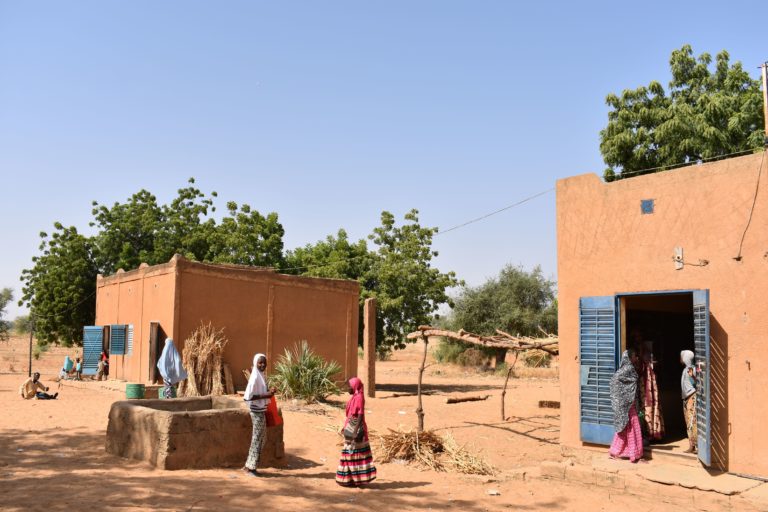
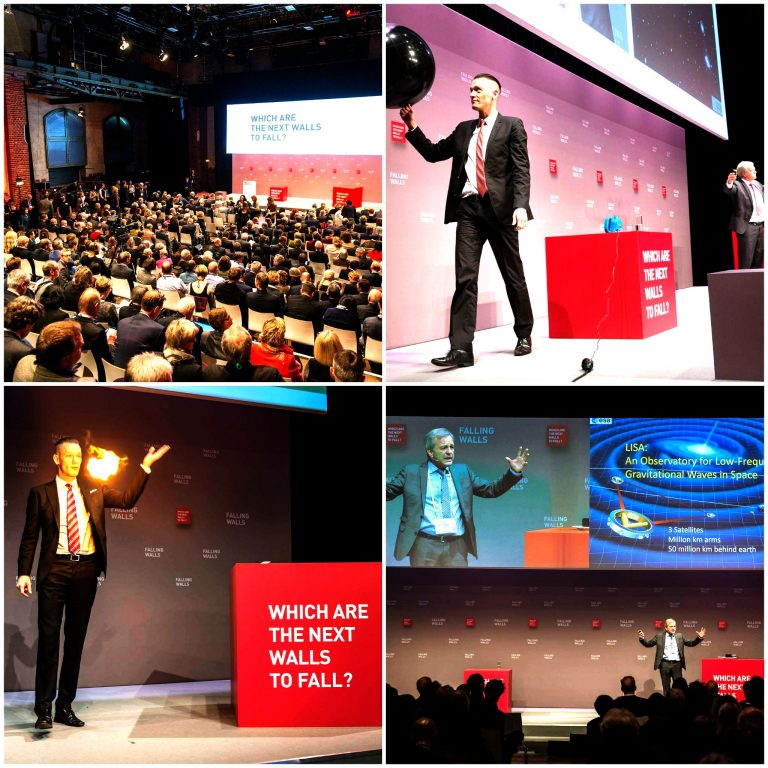
 Since 2010,I have visited Berlin at least once a year, and every time I return I spend a wonderful time that lets Berlin invites me for an even more interesting event. I arrived in Berlin early…
Since 2010,I have visited Berlin at least once a year, and every time I return I spend a wonderful time that lets Berlin invites me for an even more interesting event. I arrived in Berlin early…